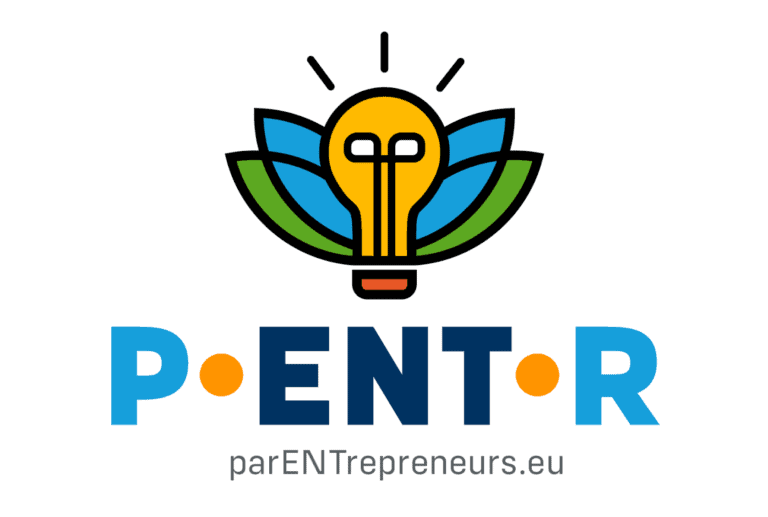ParENTrepreneurs: Celebrating Success in Entrepreneurial Parenting Education

Table of Contents
The ParENTrepreneurs project, supported by Parents International, officially concluded on April 30, 2022. It marked a significant milestone in empowering parents with entrepreneurial skills and knowledge. The final report, submitted in June, solidified its outcomes, but the project’s legacy continues. The Social Learning Platform remains active, offering ongoing training opportunities in English, Finnish, French, Italian, and Spanish.
Parents can still become certified ParENTrepreneurs by completing training programs. These materials are widely used to equip parents and teachers with entrepreneurial education tools, contributing to a thriving ecosystem of lifelong learning. Despite unprecedented challenges like lockdowns, restrictions, and uncertainties, the project’s success highlights the resilience of its partners and participants.
Key Outputs of ParENTrepreneurs
The project produced five cornerstone intellectual outputs, collaboratively developed by the partnership:
- Competence Framework for ParENTrepreneurs
Designed to assess needs and identify skills for the target audience, this framework aligns with the EntreComp Framework, providing a foundation for entrepreneurial competency development. - Training Package for ParENTrepreneurs
Comprising six modules, this package directly links to the Competence Framework, equipping participants with practical entrepreneurial knowledge and skills. - Social Learning Platform
An open-source e-learning and networking hub, it allows learners to pursue self-paced training, complete assessments leading to certification, and access resources for further self-improvement and parenting practices. - Parents to Parents Manual
This manual supports peer-to-peer learning and enables trained parents to organize their own training sessions. It provides supplementary guidance to enhance the primary training program. - Guide to Validation and Recognition of the Program
Focused on the assessment process, this guide demonstrates the program’s value to employers and policymakers, ensuring its recognition and validation.
All outputs were developed in English and translated into Finnish, French, Italian, and Spanish, with select resources also available in Dutch.
Activities and Engagement
The ParENTrepreneurs project incorporated diverse activities to achieve its objectives:
- Transnational Meetings
Three in-person meetings were held in Matera, Amsterdam, and Helsinki, complemented by online coordination meetings and monthly calls to ensure smooth communication. - Stakeholder Engagement
Over 100 experts, including entrepreneurship educators, parent leaders, and researchers from 18 countries, contributed to the Competence Framework’s development through consultations and an online survey. This approach ensured the framework was both scientifically robust and user-friendly. - Pilot Trainings
To refine the training framework, pilot sessions were conducted both online (in Finland, Italy, Spain, and the UK) and in person (in the Netherlands, Belgium, Spain, and Hungary). - Train-the-Trainers Event
An international event in Amsterdam prepared participants to lead future training sessions, creating a network of facilitators. - Multiplier Events
Organized by each partner, these events introduced the project’s outcomes to a broader audience, ensuring implementation beyond the project’s lifecycle.
To ensure accessibility, in-person training sessions provided parallel activities for participants’ children, enabling parents to focus entirely on their learning experience. Approximately 140 people attended the multiplier events, and 20 participants joined the Train-the-Trainers event.
Enduring Impact of ParENTrepreneurs
Even after its conclusion, the ParENTrepreneurs project continues to make a significant impact. The Social Learning Platform remains a vital resource for those seeking certification and ongoing development in entrepreneurial parenting.
The project not only equips parents with entrepreneurial tools but also fosters a sense of collaboration and empowerment among families, schools, and communities. It stands as a testament to innovation in education and the resilience of those committed to lifelong learning.
